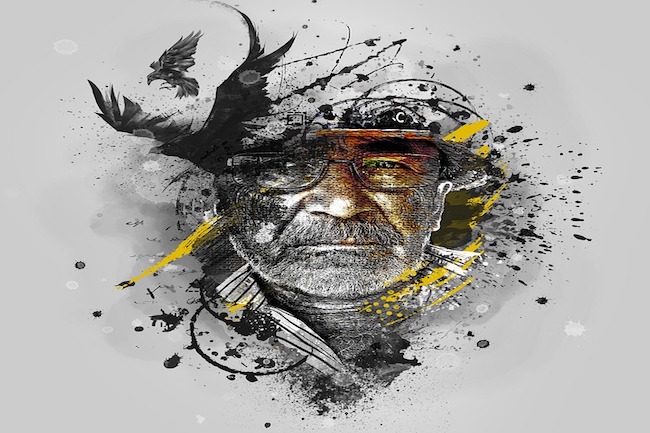Why Pursuing A Secular Holy War Is Not Justified In Afghanistan By Jeffrey C. Tuomala for The Federalist
Through philosophical and religious jujutsu, David French extends moral and legal imperatives for individuals and makes them an imperative for nation-states.
David French argues that America has both a moral duty and a legal right to continue its armed intervention in Afghanistan to protect the Afghan people from their fellow citizens, the Taliban. In an article at The Dispatch titled, “When ‘never again’ becomes ‘again and again,’” he suggests that America’s failure to continue its intervention will make it complicit in yet another holocaust as it unfolds.
Even though the immediate context of his article is the debacle of America’s withdrawal from Afghanistan, the moral and legal assertions French makes have far broader implications. Both his moral and legal arguments are found wanting.
The Moral Imperative to Intervene
The gist of French’s moral argument is that “men” have not only a right to defend the lives of others, they have a duty. To prove this point, he quotes Proverbs 24:11: “Rescue those being led away to death; hold back those who are being led away to slaughter. If you say, ‘But we knew nothing about this,’ does not he who weighs the heart perceive it? Does not he who guards your life know it? Will he not repay each person according to what he has done?”
French extends this imperative for individuals and makes it also an imperative for nation-states. Thus the United States has a moral duty to militarily intervene in Afghanistan to protect the lives of Afghan citizens.
In support of his arguments, French commends Luke Glanville’s article “Christians and the Responsibility to Protect” as providing theological justification. Not surprisingly, Glanville appeals to the parable of the Good Samaritan as an exemplar of the duty to protect.
Like French, Glanville converts an individual moral imperative into a national imperative. What he misses about the parable is that the Samaritan was called good because he voluntarily gave of his own money and time at risk that he too could fall victim to robbers.




